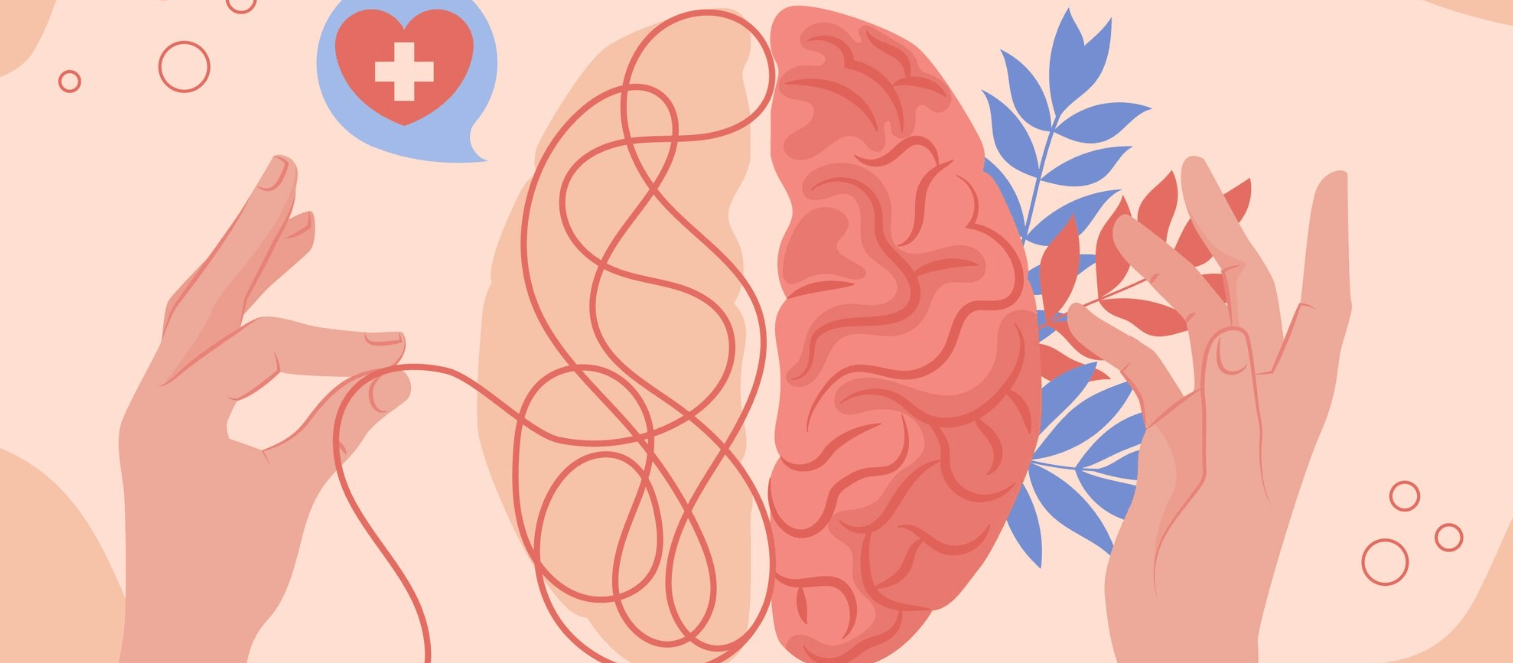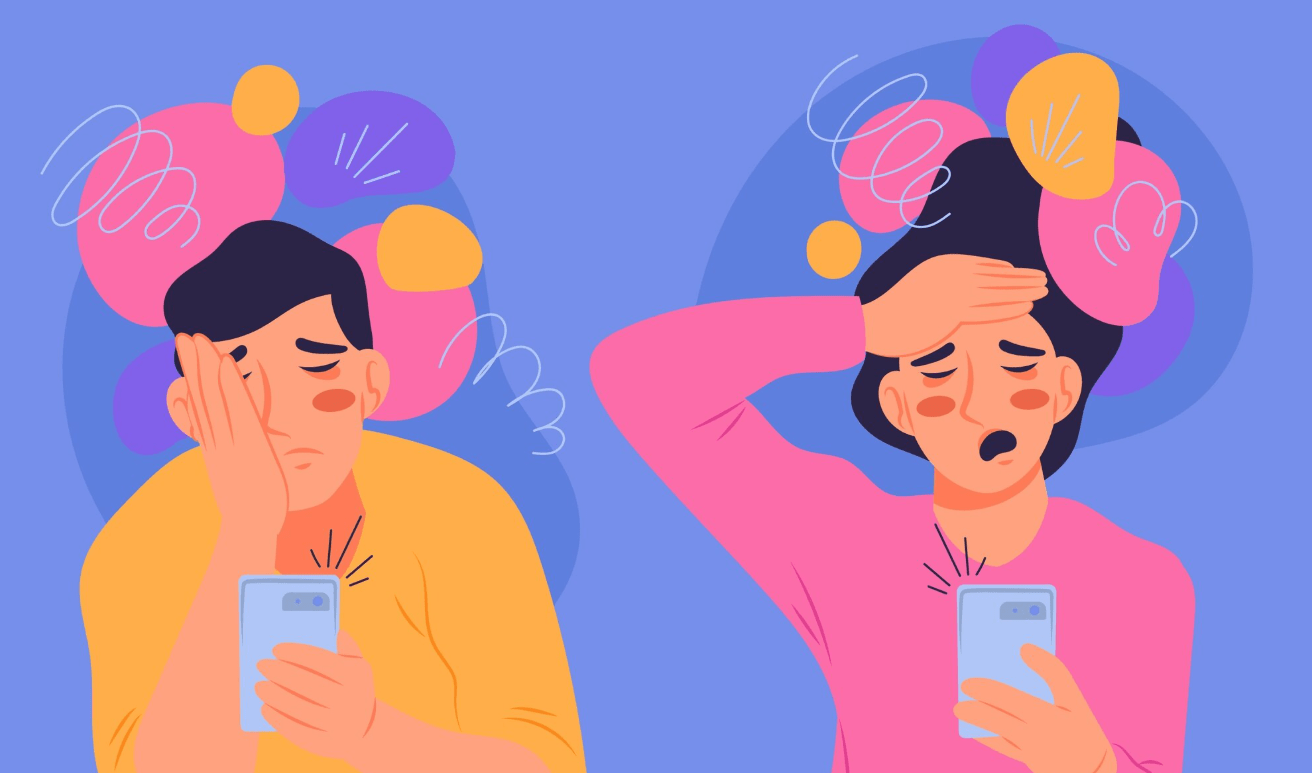Why Routine Brain Training Is Essential for Mental Health

We all know that if you stop moving your body, you lose strength. But your brain works the same way. If you don’t challenge it, it gets a little slower, a little foggier, and a lot less sharp. That’s why routine brain training isn’t just a fun hobby - it’s a legit way to keep your mind healthy, happy, and strong for years.
And the good news? You don’t need to study for hours or do boring mental math drills. Apps like Moadly turn it into a quick, fun daily habit that actually feels good. A few minutes here and there, and boom - your brain’s getting a workout without you even realizing it.
What Brain Training Actually Means
When people hear “brain training,” they usually imagine those old-school IQ tests or endless memory cards. That’s not it. Real brain training is just doing little things that make your brain think in new ways - solving puzzles, remembering patterns, reacting faster, doing quick math in your head, that sort of stuff.
Moadly’s free brain games are a perfect example. You open the app, play a two-minute math or memory mini-game, and your brain gets a tiny but powerful boost. It’s like doing mental push-ups - short, but effective.
Why Doing It Regularly Actually Matters
Here’s the thing: doing one puzzle won’t change much. But doing a little bit every day? That’s where the magic happens. The brain loves patterns and consistency. When you challenge it often, it starts to build new connections. You think faster. You remember better. You feel mentally fresher.

It’s kind of like going to the gym. If you lift weights once a month, nothing happens. But if you go a few times a week, you start noticing changes. Brain training is the same way. That’s why using something like Moadly to prevent brain aging actually works - it’s easy enough to do every day, so you stick with it.
What Happens to Your Brain When You Don’t Train It
Think about those times when you’ve been off work for a week or two. You come back and your brain feels rusty. That’s not your imagination - that’s your neurons taking a nap. Without regular mental challenges, your brain starts to slow down, especially as you get older.
Studies even show that mental decline can start earlier than people think. In some places, adults as young as 45 report early memory struggles, what experts call subjective cognitive decline. Basically, you start noticing your brain doesn’t feel as sharp as it used to.
Routine mental workouts can help fight that. You don’t have to become a genius - you just have to keep your brain busy and curious.
How Brain Training Helps With Mental Health
When your brain feels active, your mood follows. There’s a real connection between mental stimulation and happiness. Solving problems, learning new things, and even just focusing on a task all trigger little hits of dopamine - the same chemical that makes you feel good after a win.
That’s one reason apps like Moadly are so helpful. The games are designed to be short, satisfying, and rewarding. You play for two minutes, and your brain feels sharper right away. It’s not just about getting smarter - it’s about feeling better.
Brain training can also help reduce anxiety and mental fog. When your thoughts are scattered or your focus is shot, simple cognitive exercises help your brain tune out the noise and rebuild clarity. If you’ve ever dealt with that sluggish “brain fog” feeling, check out this guide on clearing brain fog with Moadly.
Short Games, Big Impact
Here’s the cool part: it doesn’t take much. Short games can make a huge difference if you do them often. That’s why Moadly is built around quick mini-games instead of long training sessions. You can play while waiting for your coffee or riding the bus, and it still counts as brain exercise.
Some people prefer math games, others like memory or logic puzzles. Moadly mixes them all - arithmetic drills, memory flips, number sequences, even little pattern games that secretly improve focus and reaction time. It’s all bite-sized, so you never get bored.
Check out these types of mini-games that are perfect for daily mental workouts:
| Game Type | What It Trains | Example in Moadly |
|---|---|---|
| Memory Games | Short-term recall and attention | Free Memory Game for Focus |
| Math Puzzles | Logic and problem-solving | Math Game App for Seniors |
| Brain Tests | Overall IQ and reasoning | IQ Game App |
Even just five minutes a day can help you notice small changes - better memory, less distraction, and sharper focus.
How Often Should You Train Your Brain?
Ideally, a little bit every day. You don’t need an hour-long session; even 10 minutes is plenty. The trick is to make it a daily habit - like brushing your teeth, but for your mind.
Try this simple plan:
- Morning: One quick math challenge before breakfast.
- Afternoon: A memory mini-game during a break.
- Evening: A logic or puzzle game while relaxing.
The goal isn’t perfection - it’s consistency. That’s what keeps your brain flexible and alert. You can start slow and build from there. The more you enjoy it, the easier it is to keep going.
Brain Training for Different Ages
Brain training isn’t just for seniors or kids - it helps everyone. Moadly’s games are designed for all ages and skill levels, so you can always find something that fits your speed.
- Kids: Fun learning games that feel like playtime but improve focus and math skills, similar to Khan Academy-style brain games.
- Adults: Fast mental workouts that boost memory and focus - great for staying sharp at work.
- Seniors: Gentle brain games that help slow down memory loss and keep the mind active, like these free memory improvement games.
Everyone benefits. The earlier you start, the stronger your brain stays.
Signs You Might Need More Brain Exercise
Wondering if your brain needs a tune-up? Here are a few signs you might want to start training more regularly:
- You forget names or small details often.
- It’s harder to focus or finish tasks.
- You feel mentally tired even when you haven’t done much.
- You struggle to learn new things or follow conversations.
- You feel “foggy” or disconnected sometimes.
If any of those sound familiar, don’t worry - it’s normal. It just means your brain needs a little stimulation. Regular mini-games on Moadly can help rebuild focus and boost your energy levels again.

How to Make Brain Training a Habit
Habits are all about repetition and reward. If it’s fun and quick, you’ll keep doing it. That’s why Moadly works so well - it’s not a chore. It’s something you can do anywhere, anytime, and it actually feels good.
Here are a few ways to make it stick:
- Set a daily reminder or streak goal.
- Play a short game whenever you’d normally scroll social media.
- Challenge a friend or family member to beat your score.
- Track your progress and notice small wins.
You’ll be surprised how quickly it becomes partof your day. Just a few minutes can totally change how sharp and focused you feel.
Don’t Overthink It - Just Start
People sometimes overcomplicate brain training. They look for the perfect app, or the best exercises, or wonder if it’s “scientifically proven.” The truth is simple: any mental challenge helps, as long as you do it regularly and enjoy it.
So instead of overanalyzing it, just start small. Open Moadly, play one quick round, and you’ve already done more for your brain than most people today. Then do it again tomorrow. Keep it light, keep it fun, and watch your focus, memory, and mood improve naturally.
Final Thoughts
Your brain is your most important muscle. It controls everything - how you think, feel, and act. Keeping it strong doesn’t take much effort, just a little consistency and curiosity. That’s what makes brain training so powerful.
Whether you’re 18 or 80, taking care of your mind should be as normal as exercising your body. And if you can do it with fun, fast games instead of boring drills, why not? That’s exactly what Moadly was made for.
If you’re ready to keep your mind active, clear, and focused, check out some of these posts to get started:
- Do Memory Training Apps Like Moadly Work?
- Best App to Clear Brain Fog
- 25 Brain Training Games That Actually Work
Start small, have fun, and make brain training a normal part of your day. Your mind will thank you later.
